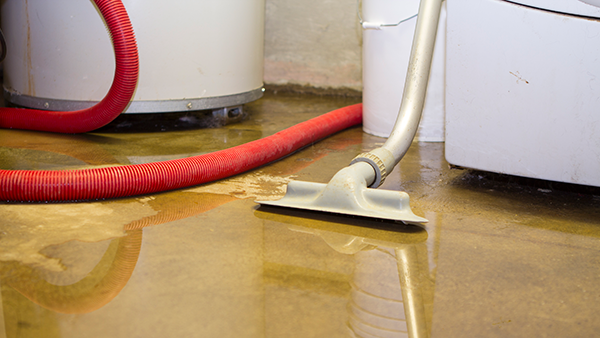
Automatic water shut-off systems can prevent costly damage.
Refrigerators, water heaters, dishwashers, washing machines and toilets can be sources of leaks that can cause significant damage if not detected early.
The average household’s leaks can account for nearly 10,000 gallons of water wasted every year. The good news is that water damage losses can be prevented by installing water detection devices in your home.
Preventing water damage
There are several levels of protection that can meet the needs and budgets of all homeowners:
- Sensor-based systems. This system sounds an alarm when a water leak is detected. These can often be integrated with your security system to automatically notify you even when you are not at home. This type of device does not provide any water shut-off feature once the leak is detected, but it can be purchased for $100 or less.
- Point of Use systems. The next level system detects water leaks in a single appliance, then automatically shuts off the water supply to that appliance. These are commonly used on water heaters and washing machines. Single-appliance devices can be purchased for $75 to $150.
- Whole-house leak detection/automatic shut-off protection. Top-level systems automatically shut off the main water supply to the home when a leak is detected. Because these systems are fully automatic, they are potentially the most effective in preventing expensive water damage claims.
How water shut-off systems work
Water shut-off systems detect unusual flow rates in your plumbing system, and when detected will automatically turn off the water main to the home. They are designed to minimize or eliminate losses due to plumbing leaks. The flow shut-off system typically has a flow sensor and a motored valve to constantly monitor water flow into the house and can detect low flow rates.
Receive peace of mind and a discount
Some insurance companies offer premium discounts for homes equipped with automatic leak detection and shut-off systems.
Consider installing an automatic leak detection/shut-off system to protect your primary residence as well as vacation homes or rental property that you own that may commonly be left unoccupied.
This loss control information is advisory only. The author assumes no responsibility for management or control of loss control activities. Not all exposures are identified in this article. Contact your local, independent insurance agent for coverage advice and policy service.
